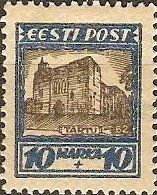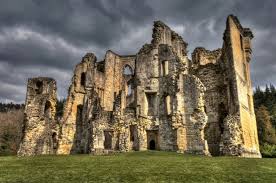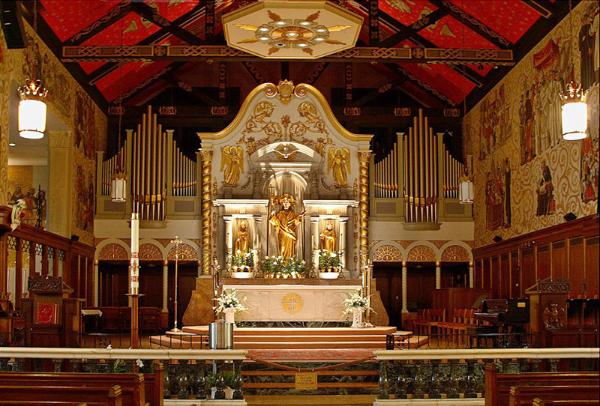Stamp: Tartu Cathedral Ruins (Estonia 1927)
Tartu Cathedral Ruins (Estonia 1927)
19 November (Estonia ) within release 1927 Views (Surcharge for Liberty Statue Fund) goes into circulation Stamp Tartu Cathedral Ruins face value 10+10 Estonian mark
| Stamp Tartu Cathedral Ruins in catalogues | |
|---|---|
| Michel: | Mi:EE 64 |
| AFA number: | AFA:EE 83 |
Stamp is square format.
Also in the issue 1927 Views (Surcharge for Liberty Statue Fund):
- Stamp - Kuressaare Castle face value 5+5;
- Stamp - Tartu Cathedral Ruins face value 10+10;
- Stamp - Tallinn, Toompea Castle face value 12+12;
- Stamp - Narva, Hermann Castle face value 20+20;
- Stamp - Tallinn, Old Town face value 40+40;
|
Data entry completed
50%
|
|
|---|---|
| Stamp Tartu Cathedral Ruins in digits | |
| Country: | Estonia |
| Date: | 1927-11-19 |
| Print: | Typography |
| Format: | Stamp |
| Face Value: | 10+10 Estonian mark |
| Print run: | 516000 |
Stamp Tartu Cathedral Ruins it reflects the thematic directions:
Ruins (from Latin ruina 'a collapse') are the remains of a civilization's architecture. The term refers to formerly intact structures that have fallen into a state of partial or total disrepair over time due to a variety of factors, such as lack of maintenance, deliberate destruction by humans, or uncontrollable destruction by natural phenomena. The most common root causes that yield ruins in their wake are natural disasters, armed conflict, and population decline, with many structures becoming progressively derelict over time due to long-term weathering and scavenging.
A church building, often simply called a church, is a building used for Christian religious activities, particularly worship services. The term in its architectural sense is most often used by Christians to refer to their religious buildings, but it is sometimes used (by analogy) for buildings of other religions. In traditional Christian architecture, the church is often arranged in the shape of a Christian cross. When viewed from plan view the longest part of a cross is represented by the aisle and the junction of the cross is located at the altar area. Towers or domes are often added with the intention of directing the eye of the viewer towards the heavens and inspiring church visitors. Modern church buildings have a variety of architectural styles and layouts; many buildings that were designed for other purposes have now been converted for church use; and, similarly, many original church buildings have been put to other uses. The earliest identified Christian church was a house church founded between 233 and 256. During the 11th through 14th centuries, a wave of building of cathedrals and smaller parish churches occurred across Western Europe. A cathedral is a church, usually Roman Catholic, Anglican, Oriental Orthodox or Eastern Orthodox, housing the seat of a bishop.


